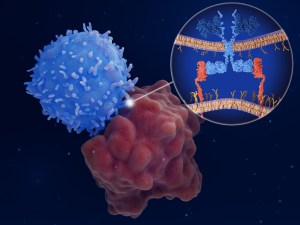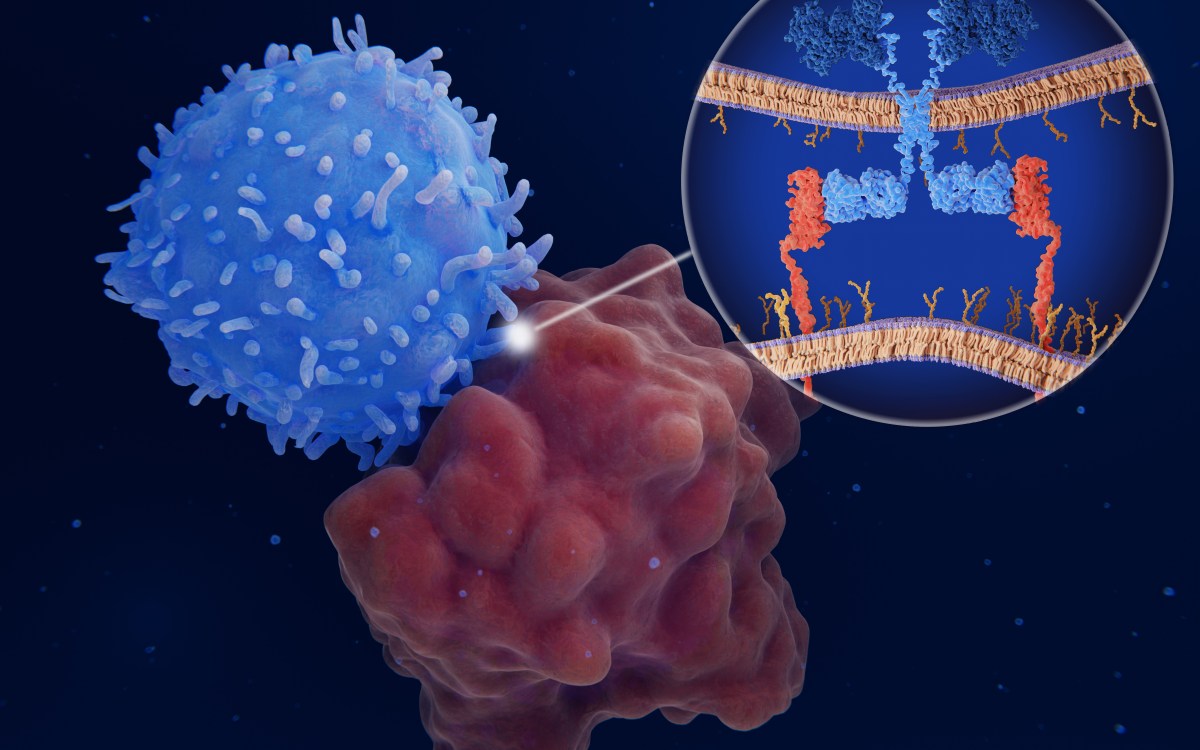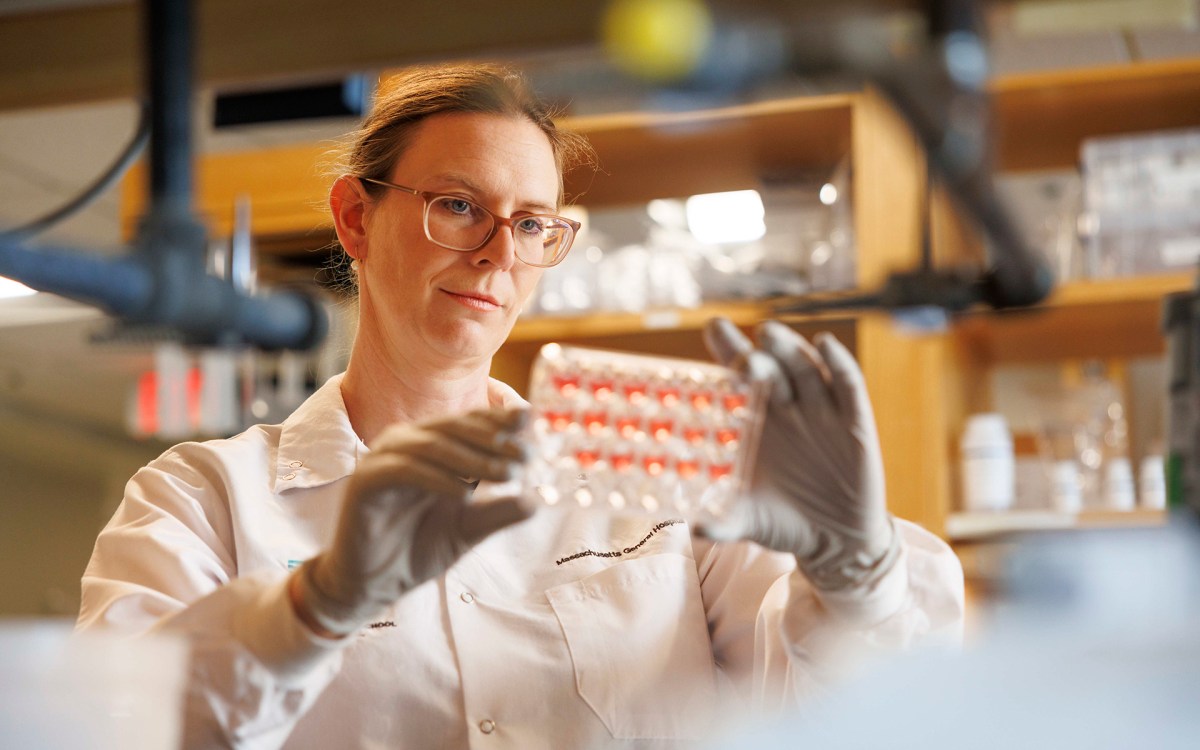Study shows strong public interest in genetic testing for Alzheimer’s disease
80 percent would take test if they knew it was accurate
A genetic test to determine a person’s chance of getting Alzheimer’s disease is still hypothetical. But scientists are getting closer and closer to being able to determine who is likely to get the disease. A study by Harvard researchers and their colleagues found that, once such a genetic test is developed, approximately 80 percent of adults would take it, if they could be assured of its accuracy. Willingness to take an accurate test was strong across all age groups who were polled in a random telephone survey. But willingness to take the test falls to 45 percent if the test has a one in 10 chance of being wrong. The findings were made by Peter Neumann and James Hammitt at the Harvard Center for Risk Analysis, part of the Harvard School of Public Health, as well as Kenneth Kosik, of Harvard Medical School, and Howard Fillit and colleagues at the Institute for the Study of Aging. The study was funded by a grant from the Institute for the Study of Aging, a non-profit research institute established by the Estee Lauder Trust and dedicated to research on cognitive aging and Alzheimer’s disease.





